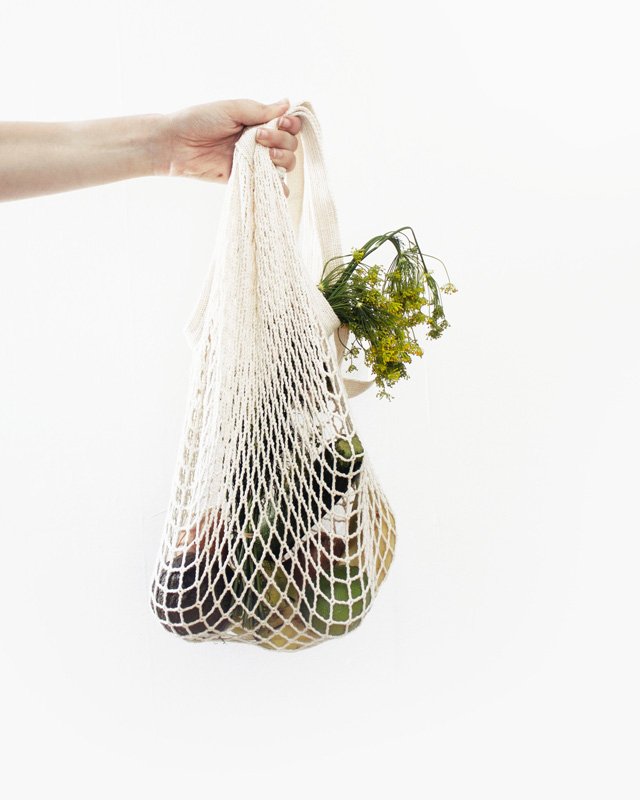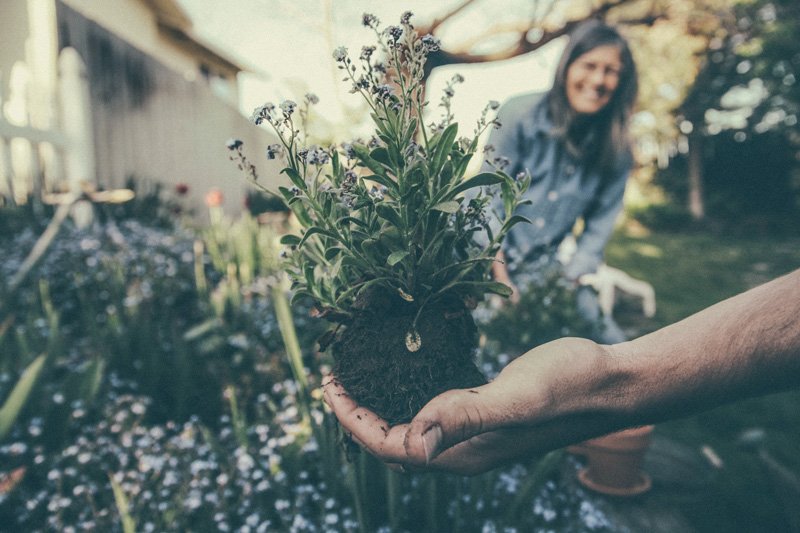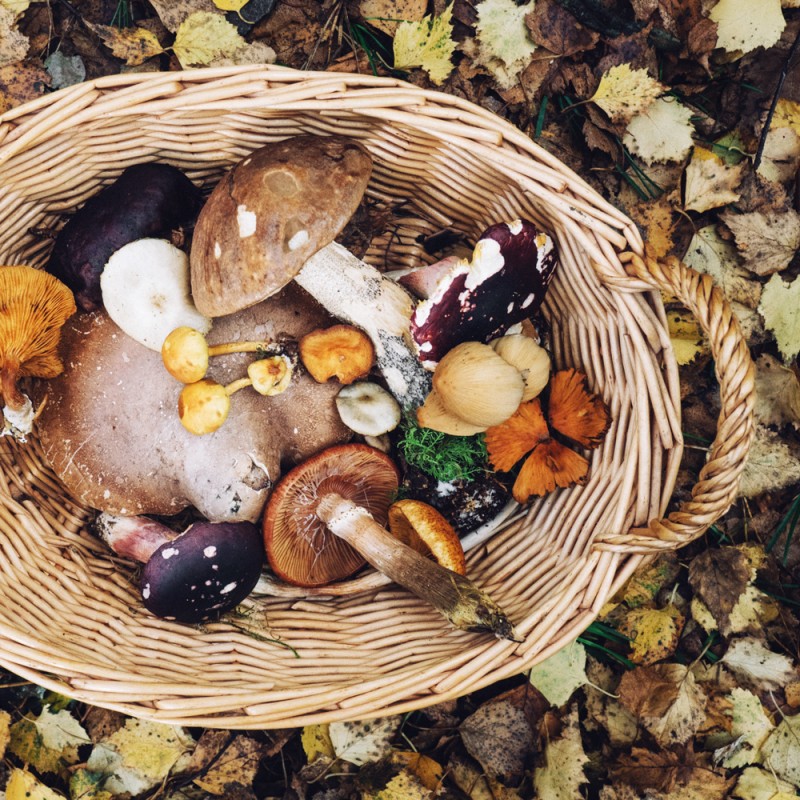Permaculture is a system of ancient, common sense design principles brought together in a philosophy by Australian visionaries Bill Mollison and David Holmgren in the late 70s. It has been described as a way of working with, rather than against, nature. A portmanteau of permanent agriculture conceived as a way of caring for our earth that's centred around an organic design ethos, practitioners have found the ethics and principles make wonderful guidelines for creating a better world for individuals, families and communities. The term is now referred to as an abbreviation of “permanent culture” for this reason.
For permaculture is a way of systems thinking. Widening it into our everyday activities is a way of living richer, better lives and strengthening our society. Applying the ancient distilled knowledge of ethics and principles has been recognised as an accepted way of sustainable thinking for our age. The difference between it and other forms of organic living is the focus on three ethics (earthcare, peoplecare and fair share for all) and 12 principles. From home and family life, to relationships, to work, diet and wellness, permaculture thought can be widened to solve problems, making it relevant to everyone and helping us lead more fulfilling lives.
So how can we integrate permaculture's twelve principles into other facets of our lives?
Observe and interact
Observe and interact requires watching your local site and conditions before planting and growing. Referring this to patterns of personal behaviour, we can “step back” and observe our own lives to see which parts are working, which aren’t. Time taken in this way will benefit us by allowing us to observe then reset our lives (interact) in the areas that may need attention.

Catch and store energy
Catch and store energy is a basic survival technique in plants and animals. We also catch and store energy in food, water runoff, solar panels and wind turbines. Energy comes to us in various ways and there are times when we need to evaluate our sources, whether to introduce new ways of catching and storing energy. This isn’t as difficult as it may seem. How do we evaluate our own personal energy needs? If we’re constantly tired, perhaps we need to evaluate our work hours before we pay the inevitable price of deteriorating health. Maybe catch and store energy through a daily meditation practice? Perhaps it’s time for a holiday to recharge those batteries?
Obtain a yield
This is really the point of permaculture as a farming design system. It requires being able to produce enough to sell and/or live on during the winter months. However, let’s extend this thinking to caring and designing for ourselves. Examples of obtaining a yield may be translated to being able to redesign our lives to spend more time with the kids. This may require a change in thinking to change our job, which may well mean better job satisfaction. The yield is this extra time to spend with family, work in the garden, meet new friends and more.

Apply self regulation and respond to feedback
Be aware of the signals in our lives that tell us our lives may require adjusting. They may be small changes such as improving our diet by eating more vegetables, or larger ones such as changing your job to give you more time with your family. Using this principle to become more aware of your life gives you far greater flexibility to respond to problems when they arise. Any system has feedback built in and it is important to note this and act accordingly.
Use and value renewable resources
This has become as important in everyday lives as it has of the original concept of permaculture. We use too many single-use products in our busy lives and this is polluting the land, air and ocean. It is now scientifically proven that our addiction to fossil fuels as an energy source is causing a change in our climate, one that threatens our very existence as a species. Swapping these for renewable sources, whether it be reuse of a glass container over plastics, using cloth shopping bags, or looking to obtain renewable energy from wind power or the sun are all vital changes that can be made on the household level. Use renewable resources where you can; if enough people do so, the earth will thank you!

Produce no waste
Perhaps a better way to observe this principle on a household or business level is to minimise waste as much as possible. The adage of reuse, recycle and reduce works well here. Reduce your consumption, recycle containers and waste where possible and reuse instead of using harmful materials such as single-use plastic. Make decisions on waste at the purchasing point. Ask yourself if the products being bought are over packaged. If so, look for plain or unpackaged goods such as loose vegetables. Make your own compost, start your own worm farm so that scraps are not wasted.
Design from patterns to details
It may be possible that you are spending too much time with the details of your life and not looking at the overall pattern. Perhaps stop to see which patterns are working (or have worked) in your life. Design the overarching pattern before you get to the details. An example may be a desire to boost your health. Take time to look at the overall pattern of your health including stress levels, amount of exercise you have time for each week, and diet. Once you’ve established where the pattern can be improved, it’s time to get to the details to boost health and wellbeing.

Integrate rather than segregate
The strength of working as part of a team rather than as an individual. Again, take the time to see how the society where you live may be strengthened by building bonds with neighbours, friends and the community in which you live. Join a local gardening club in your town or suburb to tap into local planting knowledge and help out. If there isn’t one, start one!
Use small and slow solutions
It is a principle of permaculture that you look to the long-term when you make changes. Don’t try to change everything at once. This is easily translated into our own lives. If changes need to be made to overcome problems, try one step at a time. For example, you may have received medical advice to exercise more. Rather than training for marathons straight away, make incremental changes and improvements with the goal to boost your fitness over a long period of time. Couple this with a gradual improvement of your diet and you are well on the way to improve your overall health and wellbeing.
Use and value diversity
Monoculture (growing a single crop) is anathema to permaculture ideals. Whether it be a massive plantation of wheat or cotton or a backyard vegetable garden growing one crop, monoculture will run the risk of being destroyed by pests and will drain the soil of specific nutrients. A diversity of crops creates a more resilient environment that will be able to resist some crop loss. This form of systems thinking can be translated into our everyday lives. The more we incorporate people with different outlooks, talents, abilities and background into our sphere the stronger we become, as does our community. Learn to embrace and appreciate diversity in every way. Always be open to new ideas.

Use the edges
Permaculture teaches us to be aware of — and use — the edges of ecosystems. The edge of bushland, for example, where the trees meet grassland, is an immensely productive area. As permaculture thinking author Looby Macnamara explains, it is important to be aware of our own comfort zones (our edges) and not be afraid to push beyond them. This can translate into being aware of others’ viewpoints and beliefs, learning more about them and incorporate them into our own thinking. Never think you're too old to learn new skills or philosophies.
Creatively use and respond to change
Change occurs in everyone’s life, whether rapidly or slowly and the extent and type of change is usually beyond our control. It is, therefore, important to be prepared and ready to embrace such developments. Permaculture teaches us to be proactive, not reactive. One of the big changes in peoples' lives is retirement, however instead of a feeling of uncertainty, planning ahead will help you creatively respond to change. The key benefit of retirement is, of course, having more time. This can be productively used to spend more time with the family, starting a vegetable garden, or becoming more active in community organisation. The opportunities for change are endless if planning is carried out effectively.

Permaculture’s outlook and goals are easily understood and, once mastered, a way to boost personal, community, and global wellbeing. As principle #9 suggests, work slowly towards integrating these ideals into your life. Begin slowly and gradually, stop regularly and check to see what is working and what isn’t (#1). As #12 suggests, always plan ahead and be ready for change.
As the late Bill Mollison, founder of modern permaculture, suggested: “Though the problems of the world are increasingly complex, the solutions remain embarrassingly simple.”
References: People and permaculture. Looby Macnamara: Permanent Publications 2012 Introduction to permaculture: Bill Mollison: Tagari Publications 1991

Love Health?
From recipes, trends and discounts, expect great things via email this month.
More Great Reads!

Behind The Brand: Antipodes
Recipes We Love!

Clever Cookies

Ham & Feta Baby Quiches











